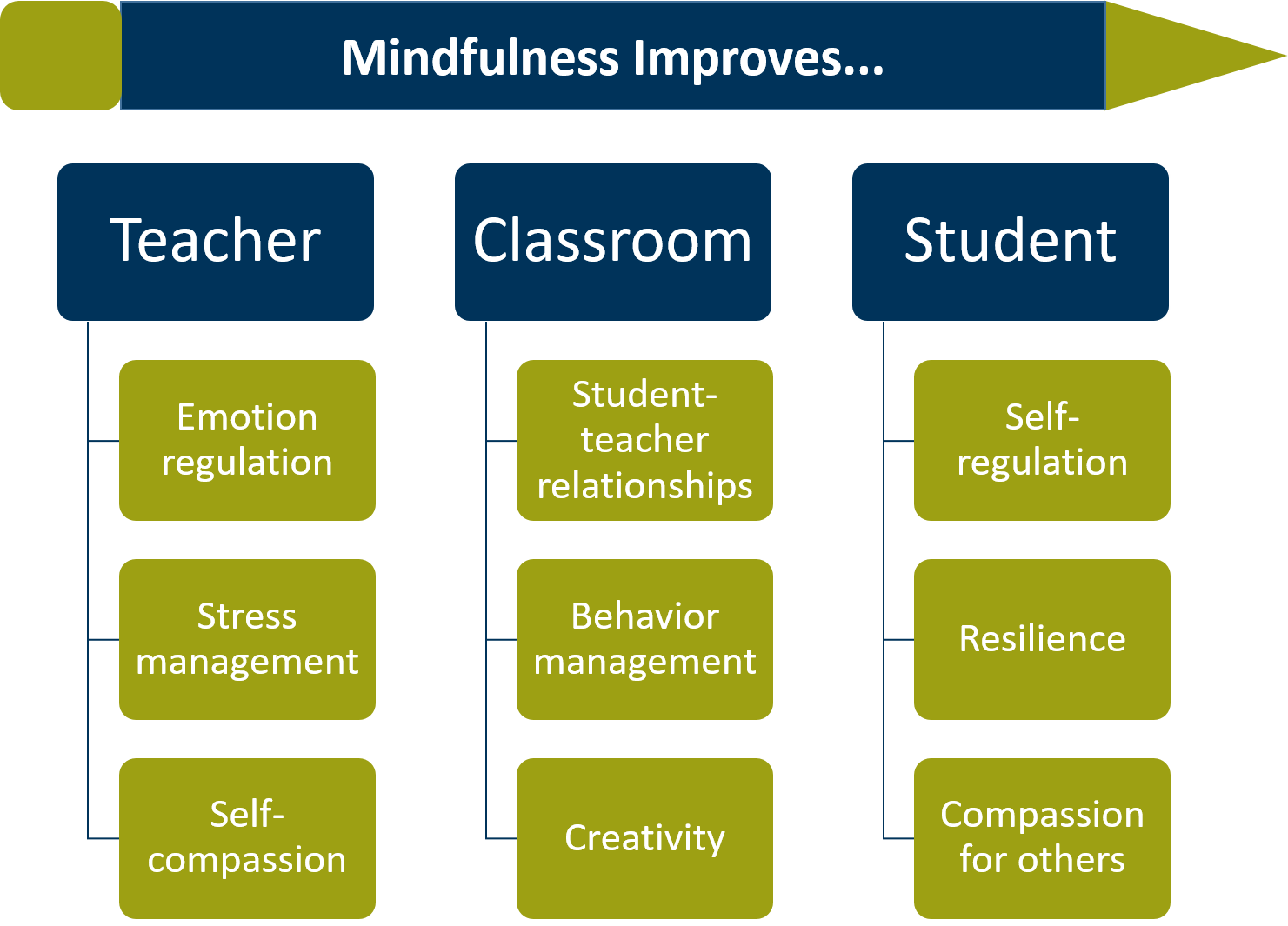The Transformative Power of Mindfulness in Education
Today's fast-paced educational landscape, where stress and distractions often hinder learning, is witnessing the practice of mindfulness emerge as a promising tool. Rooted in ancient Eastern traditions yet finding resonance in contemporary pedagogy, mindfulness holds transformative potential for educators and learners alike. This article explores the evidence-based research supporting the integration of mindfulness practices in education and its profound impact on student well-being and academic success.
 |
| Mindfulness emerge as a promising tool in today's educational landscape 📷 norgara |
Mindfulness Explained
Delving into the essence of mindfulness, we uncover its roots in Eastern philosophy and its adaptation to Western educational settings. Mindfulness involves cultivating present-moment awareness, fostering non-judgmental observation of thoughts and emotions, and nurturing a compassionate attitude towards oneself and others.
Research Insights
Research has demonstrated a myriad of benefits for students engaged in mindfulness practices. From improved focus and attention to enhanced emotional regulation and resilience, mindfulness equips students with essential skills for navigating academic challenges and promoting overall well-being.
 |
| 📷 SIGMA Assessment Systems |
Benefits for Educators
Beyond its impact on students, mindfulness offers significant benefits for educators themselves. By reducing stress levels, increasing job satisfaction, and enhancing interpersonal relationships, mindfulness enables teachers to cultivate a more positive and supportive learning environment.
Integration into Curriculum
Incorporating mindfulness into the curriculum can take various forms, including dedicated mindfulness sessions, mindful moments integrated throughout the school day, and mindfulness-based social-emotional learning programs. Such integration fosters a holistic approach to education, nurturing students' intellectual, emotional, and social development.
 |
| Integrating mindfulness can take various forms 📷 azulita |
As educators, we have a responsibility to nurture not only the minds but also the hearts and spirits of our students. Mindfulness offers a powerful tool for achieving this goal, fostering a sense of connection, compassion, and purpose in the educational journey. By embracing mindfulness as a foundational principle, we can create a future where every learner has the opportunity to thrive and flourish.
Stay tuned for more insights, tips, and resources on mindfulness and education in our upcoming articles.
With mindfulness and gratitude,
Jorge.


